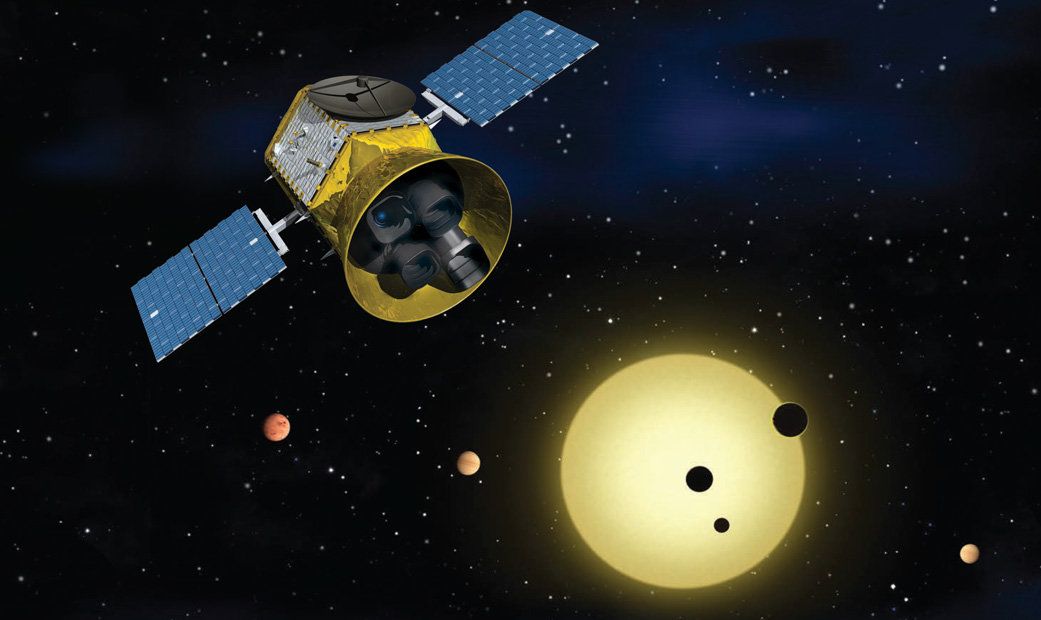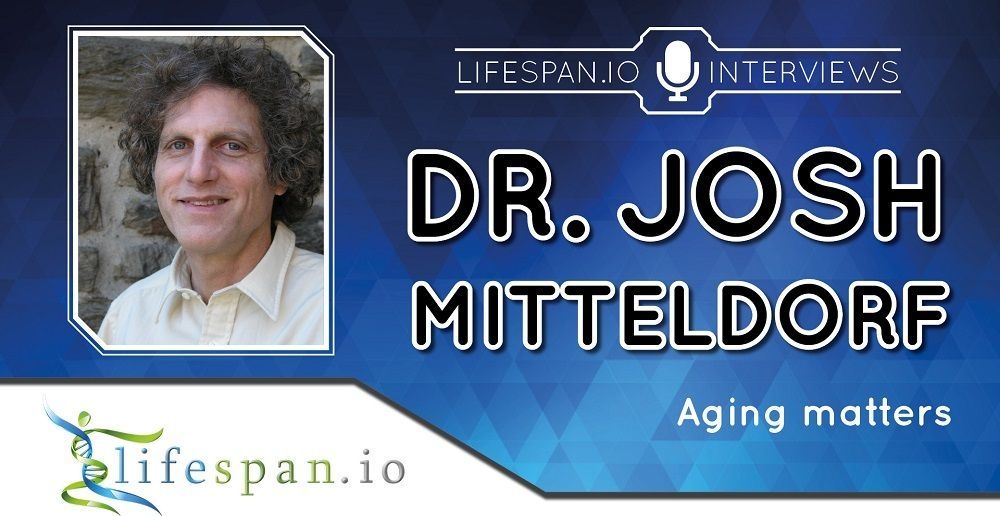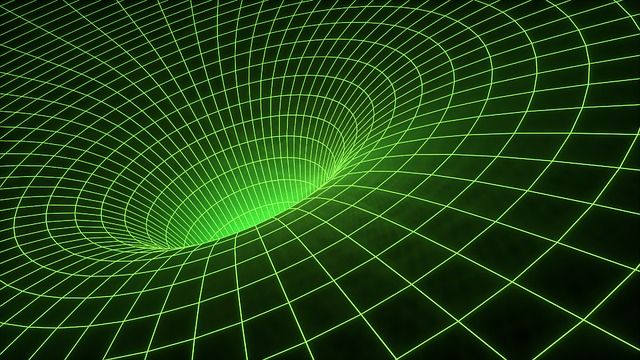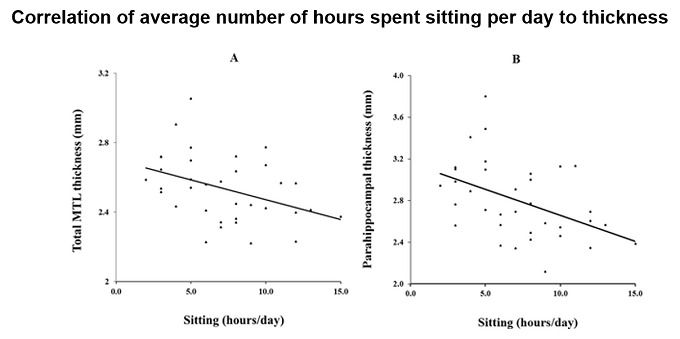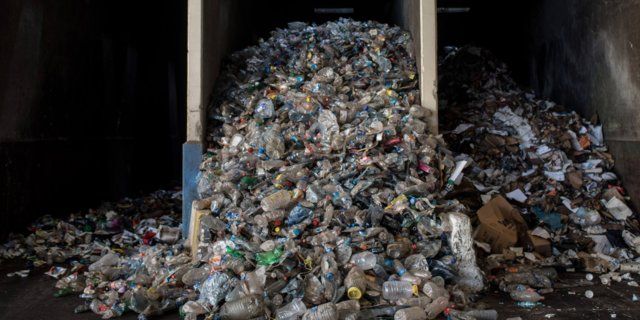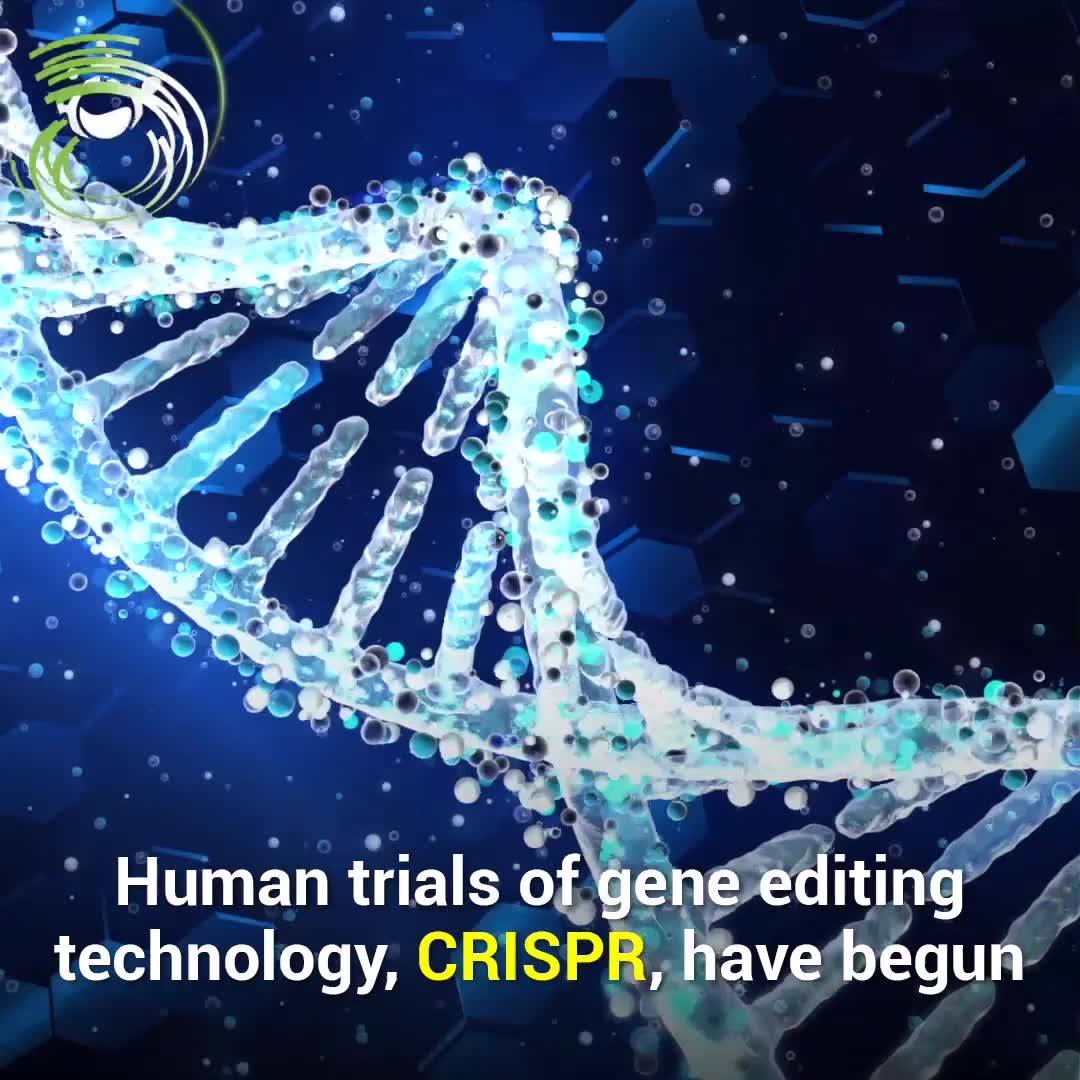Page 10186
Apr 17, 2018
Dr. Josh Mitteldorf – Are we on the verge of major breakthroughs in anti-aging science?
Posted by Steve Hill in categories: life extension, science
Today we bring you an interview with author and researcher Dr. Josh Mitteldorf who runs the aging research blog Aging Matters.
Dr. Josh Mitteldorf is an evolutionary biologist and a long-time contributor to the growing field of aging science. His work in this field has focused on theories of aging. He asks the basic question: why do we age and die? This can seem like a silly question to people encountering it for the first time because most of us would quickly respond, “Because that’s just how it is; all creatures age and die eventually as their bodies wear out.”
Essentially, Josh is saying, “Not so fast. In fact, a lot of creatures don’t age and die. Humans, as well as most other animals that do age and die, are programmed to do so. So, humans are programmed to die in much the same way that salmon are programmed to die after spawning.”
Apr 17, 2018
This remarkable spinal implant was created by an algorithm
Posted by Genevieve Klien in categories: 3D printing, information science
With the right design, titanium implants can be moulded closer to the form and stiffness of human bone. To perfect the design all you need is an algorithm and a 3D printer.
Apr 17, 2018
Quantum physicists just smashed the entanglement record, paving the way for faster quantum computers
Posted by Genevieve Klien in categories: computing, quantum physics
Apr 17, 2018
Wormholes Could Cast ‘Shadows’ That We Can Detect
Posted by Genevieve Klien in categories: cosmology, physics
Wormholes, or hypothetical tunnels through space-time that allow faster-than-light travel, could potentially leave dark, telltale imprints in the sky that might be seen with telescopes, a new study suggests.
These slightly bent, oblong wormhole “shadows” could be distinguished from the more circular patches left by black holes and, if detected, could show that the cosmic shortcuts first proposed by Albert Einstein more than a century ago are, in fact, real, one researcher says.
Wormholes are cosmic shortcuts, tunnels burrowing through hyperspace. Hop in one end, and you could emerge on the other side of the universe — a convenient method of hyperfast travel that’s become a trope of science fiction. [8 Ways You Can See Einstein’s Theory of Relativity in Real Life].
Continue reading “Wormholes Could Cast ‘Shadows’ That We Can Detect” »
Apr 17, 2018
The more hours you sit per day, the smaller your medial temporal lobe (MTL) seems to become, brain scans show
Posted by Alvaro Fernandez in category: neuroscience
Important — “The researchers found that sedentary behavior is a significant predictor of thinning of the MTL and that physical activity, even at high levels, is insufficient to offset the harmful effects of sitting for extended periods”
— In the study, both (A) Total medial temporal lobe (MTL) and (B) parahippocampal thickness correlated inversely with hours of sitting/day, controlling for age. Reference: Siddarth P et al (2018), Sedentary behavior associated with reduced medial temporal lobe thickness in middle-aged and older adults. PLOS ONE.
Apr 17, 2018
SpaceX just got approval to build Mars spaceships in Los Angeles from the city’s mayor
Posted by Michael Lance in category: space travel
SpaceX just got the okay to build its giant Mars spaceship in LA.
Los Angeles Mayor Eric Garcetti said on Monday that he’s officially approved SpaceX’s plan to build a Mars spaceship factory at the city’s port.
Apr 17, 2018
Scientists accidentally discovered a mutant enzyme that could help the world eliminate plastic waste
Posted by Jeremy Lichtman in category: biological
Researchers in the US and UK examined an existing enzyme which had occurred naturally in landfill sites and was able to slowly digest man-made plastics.
But in the course of testing the enzyme’s origins, the researchers made biological changes to it that turbo-charged its ability to digest plastics, according to Britain’s University of Portsmouth.
According to The Guardian, the enzyme starts breaking down plastic in a matter of days, a process which would take centuries under normal conditions.
